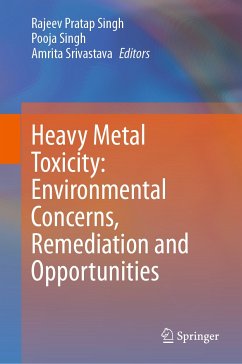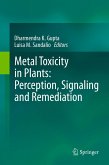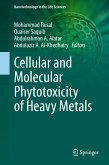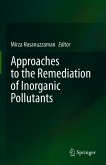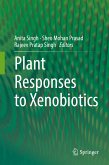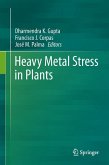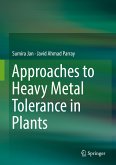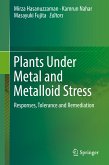This contributed volume covers a comprehensive account of the sources, toxic biological as well as environmental impacts, and possible remediation strategies for contamination by heavy metals. In biological systems, toxic metals affect the integrity of cellular organelles and act as carcinogens causing chromosomal aberrations or as systemic toxicants leading to cardiovascular, neurobehavioral, and immunological disorders. In plants, they interfere with photosynthesis, fertility, metabolite, and chlorophyll synthesis. Toxicity induced by heavy metals involves mechanistic approaches that need to be understood properly. They cannot be degraded by biological or chemical means and thus can only be converted to less harmful forms. The conventional detection methods include biosensors, voltammetry, atomic absorption spectrometry, and inductively coupled plasma with atomic emission spectrometry. All such strategies for metal detection and mitigation strategies are covered in this title under one section.
This book incorporates classical views along with modern scientific approaches to develop an understanding of the subject matter suitable for academicians, researchers, planners, policymakers, NGOs, and environmental consultancies and raise awareness on this concern. Topics representing diverse sections namely environmental impacts, biological effects, and methods used for detection and remediation have been included to address all possible contemporary issues on the topic in one concise volume.
Dieser Download kann aus rechtlichen Gründen nur mit Rechnungsadresse in A, B, BG, CY, CZ, D, DK, EW, E, FIN, F, GR, HR, H, IRL, I, LT, L, LR, M, NL, PL, P, R, S, SLO, SK ausgeliefert werden.

